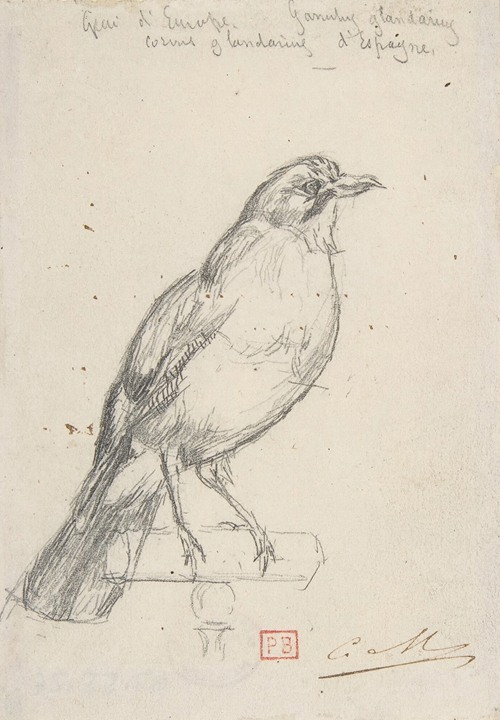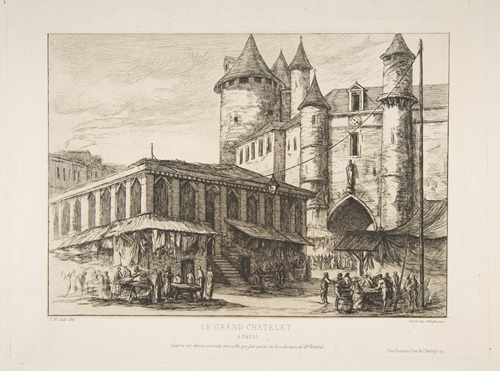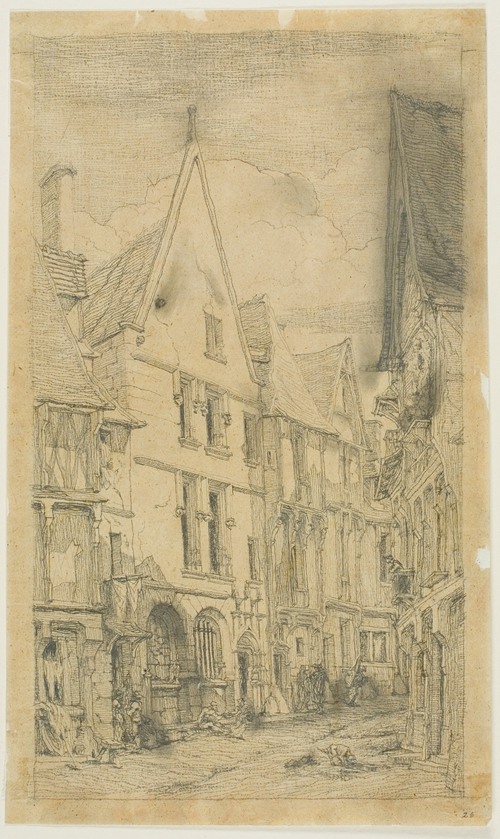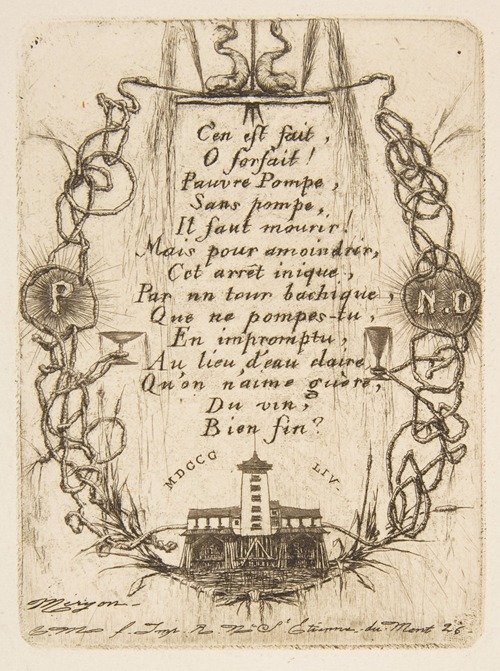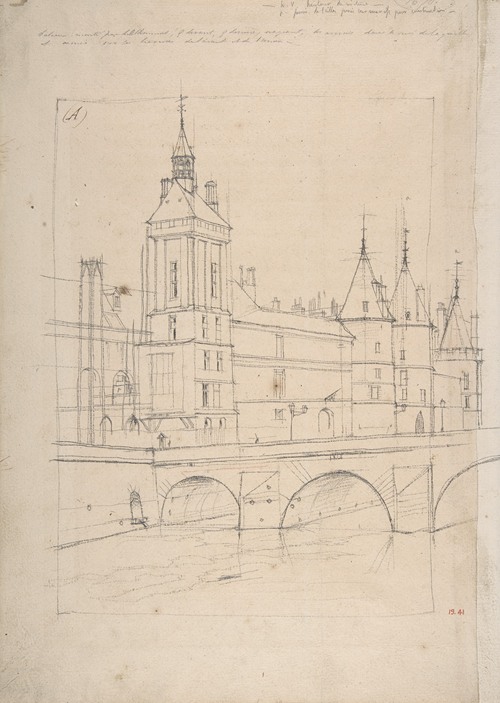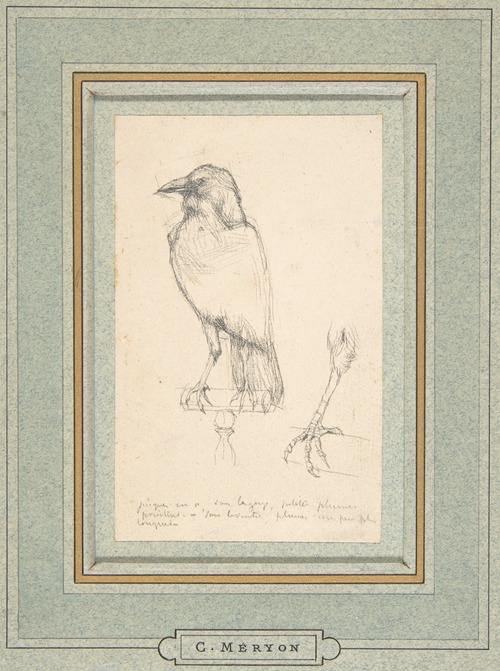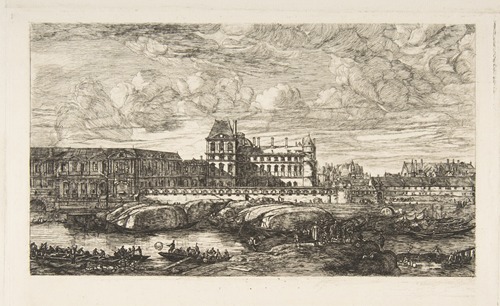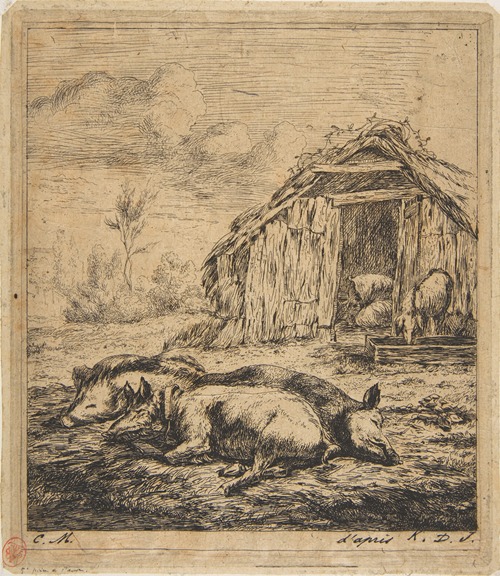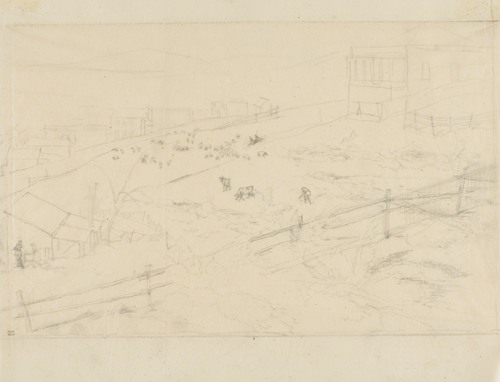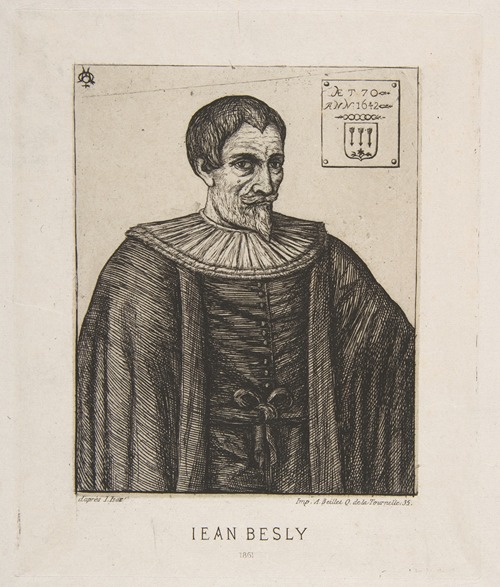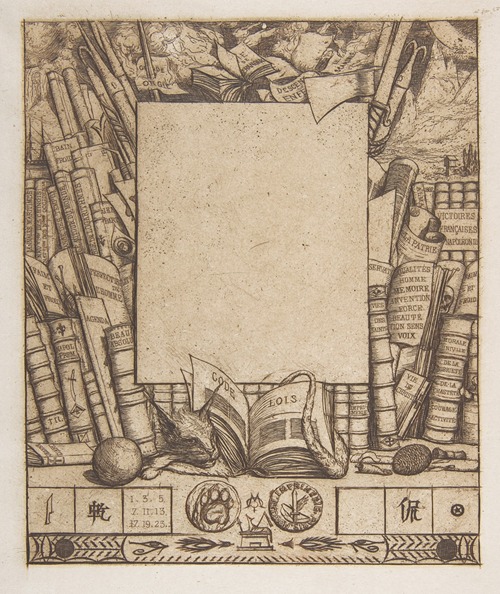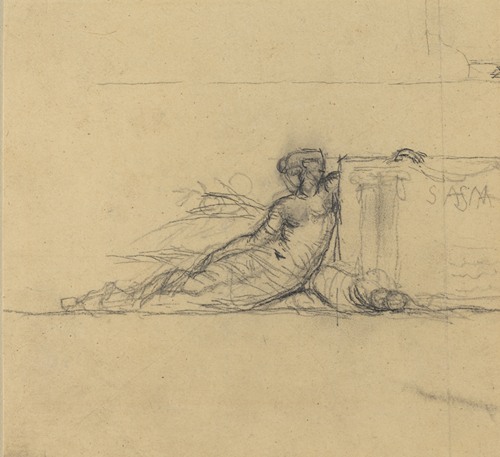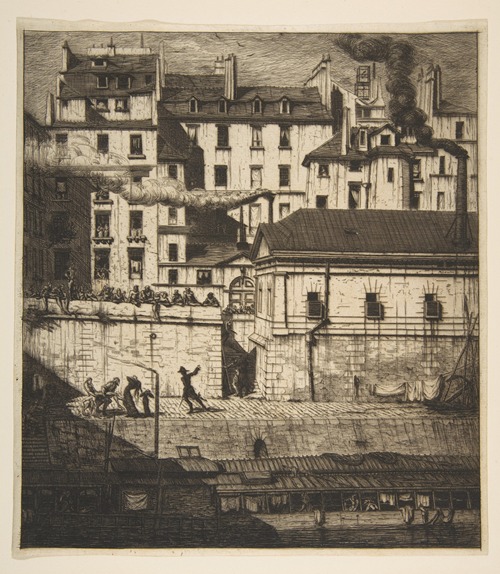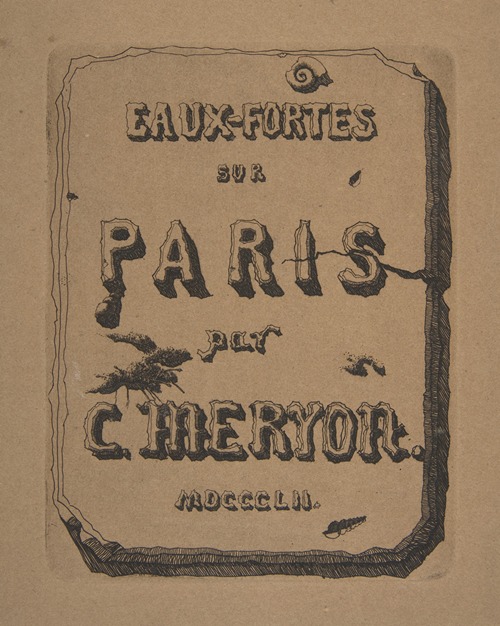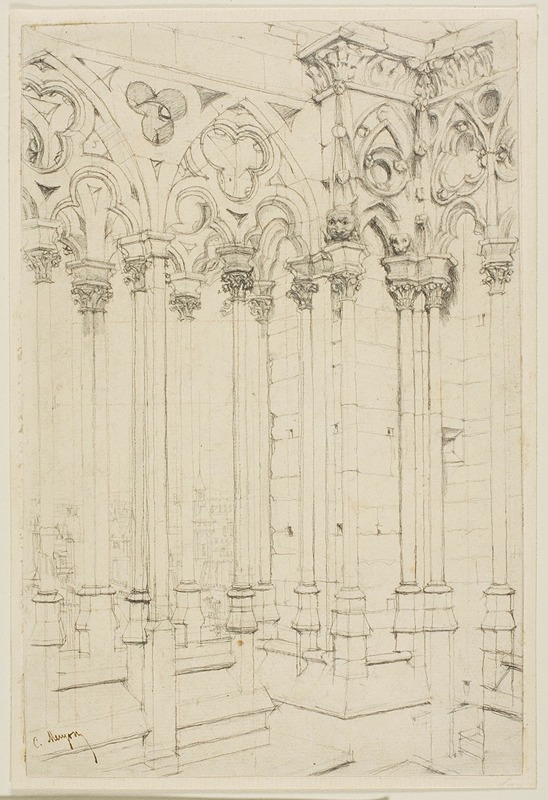
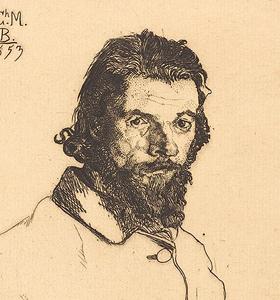
Charles Meryon was a French artist who worked almost entirely in etching, as he suffered from colour blindness. Although now little-known in the English-speaking world, he is generally recognised as the most significant etcher of 19th century France. His most famous works are a series of views powerfully conveying his distinctive Gothic vision of Paris. He also suffered from mental illness, dying in an asylum.
Meryon's mother was a dancer at the Paris Opera, who moved to London around 1814 to dance there. In 1818 she had a daughter by Viscount Lowther, the future William Lowther, 2nd Earl of Lonsdale, a wealthy aristocrat and politician, and 1821 Charles Meryon by Dr Charles Lewis Meryon, an English doctor, returning to Paris for the birth, and remaining there for the rest of her life. The household in Paris was supported financially by both fathers, but more so by Lowther, whose indirect funding remained important throughout Meryon's life; he made very little money from his art.
Starting at the age of 16, Meryon spent ten years as a naval cadet and finally officer, which included tours of the Mediterranean, and a four year voyage around the world, for most of it based in New Zealand, where the French then maintained an imperial toe-hold. On his return he fought and was wounded in a pro-government militia during political disturbances in 1848.
He had become seriously interested in art during his naval career, starting to take lessons. He gradually and reluctantly realized that his colour-blindness ruled out painting, and by 1848 settled on etching, then out of favour as a medium for fine art, though about to undergo a considerable revival. His best period lasted between 1850 and about 1856, before his increasing mental illness reduced his output. He spent fourteen months in an asylum in 1858 and 1859, then continued to work until 1866, when he re-entered the asylum for the final time.
